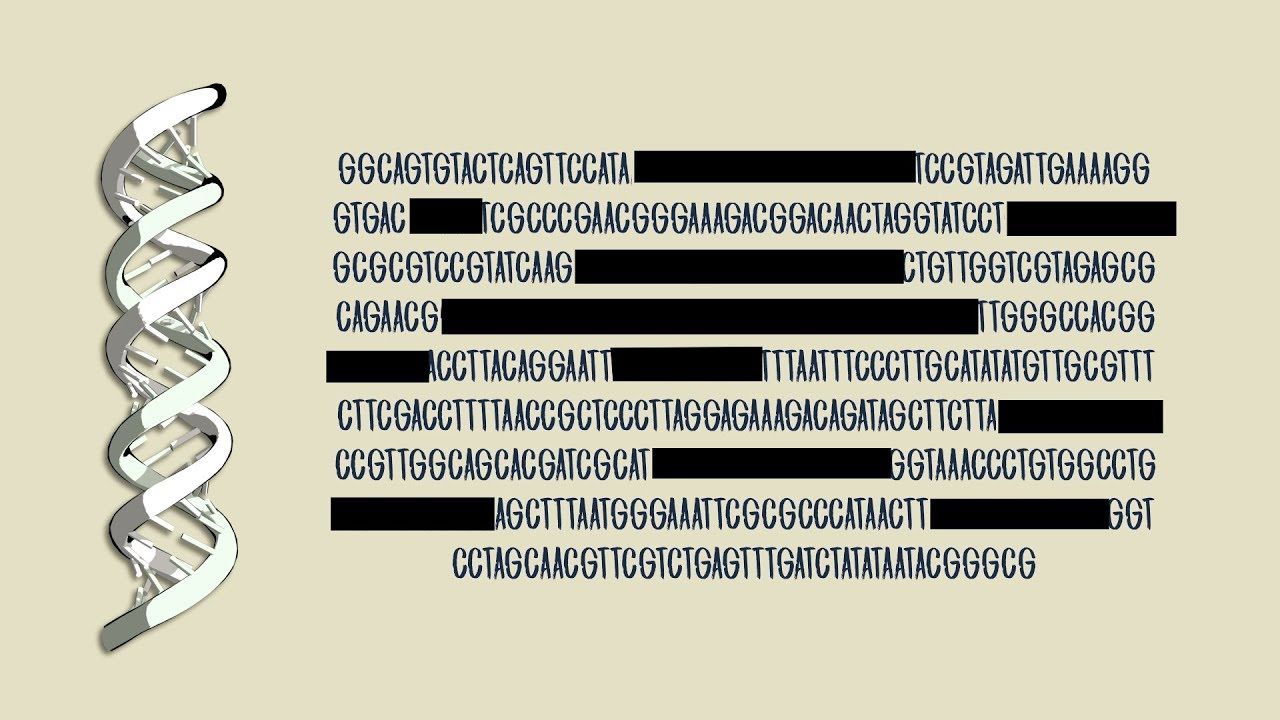Whole genome sequencing is more precise than other methods, and it just keeps getting faster and cheaper. Joel Sevinsky, head of the Molecular Science Laboratory at the Colorado Department of Public Health and Environment (CDPHE), told the Associated Press his lab can sequence the genome of a suspected pathogen in less than 72 hours.
Whole genome sequencing is already helping researchers address food-borne outbreaks, including a 2017 salmonella outbreak that stretched across 21 states, and the current romaine outbreak.
It’s even identifying contaminated food before it even reaches the public. According to the AP, inspectors used genome sequencing to find pathogens that could have caused outbreaks when they inspected food plants. They were able to recall the tainted products before they ever reached grocery stores or restaurants, preventing countless people from being sickened.









Comments are closed.